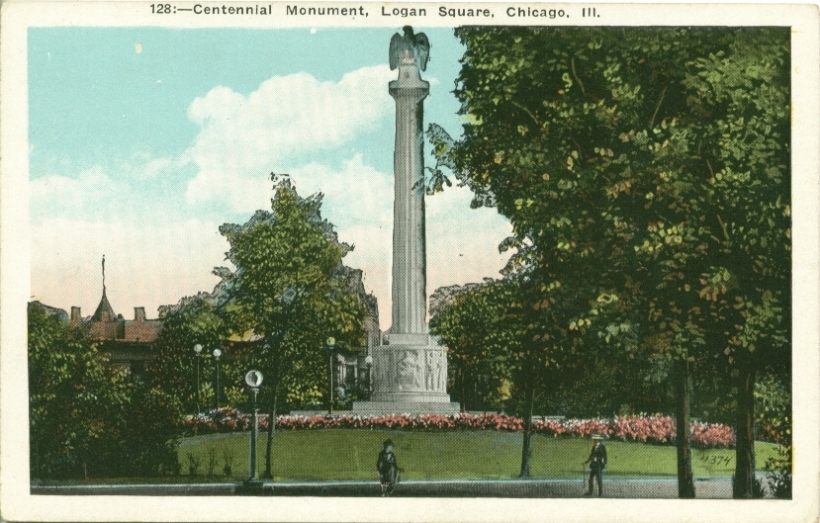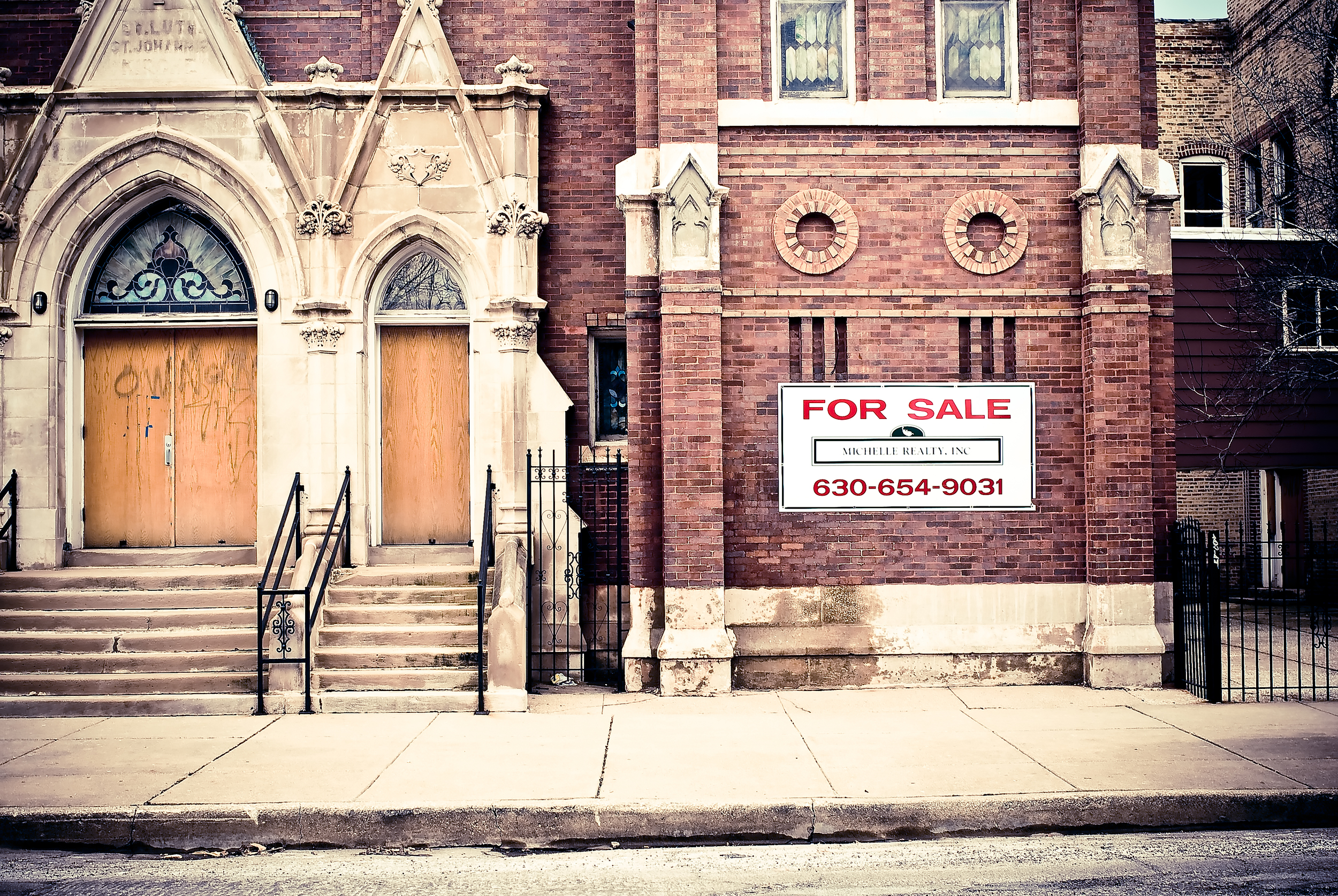
Last Wednesday morning, I awoke early to hit the road and head to Naperville.
Not quite Chicago, but close. I was headed there for a church planters connection conference put on by the PCA (Presbyterian Church in America). From noon on Wednesday till noon on Friday, I listened and interacted and prayed with church planters, planting-minded pastors. We discussed church planting strategies and the deep need for prayer to run through all our work. To state plainly prayers is not just a devotional practice, something that we do while we brush our teeth or run (I'm preaching to myself here), but it is the work of ministry and especially church planting. I remember listening to a talk from Tim Keller years ago when he listed out the top 5 or so things a planter must do. Prayer wasn't one of them. At the end of the list, he took a step back and acknowledged his "oversight." But, he said, if he relegated prayer to just another of the things one must do in order to plant a church, then he was downgrading it. Prayer is the work of planting. It's priority goes well before any written list. It is essential and primary and runs through every aspect of church planting.
Please join with me in praying. We need a lot of it.
What are we praying for you ask?
Well, at the end of my time in Naperville, I continued in to Chicago to spend time with my friends and walk and pray the neighborhoods I was considering: West Town, Logan Square and Lincoln Square. I lived in West Town just before I was exiled to St. Louis. I grabbed a sandwich at Fiore's, the Italian deli across the street from my old apartment before heading over the Dominic's roof to eat it and stare at the skyline. I met up with Mark Bergin, pastor at The Painted Door, and we talked about West Town. I really enjoyed our time, but left thinking maybe West Town isn't for me.
After an evening with friends, I ate at Lula Cafe in Logan Square with more friends and we talked about planting and my vision for Chicago. I had a few minutes left on my meter, so I walked Logan, took photos and prayed. I wasn't too sure of what I should be praying for, except that God would give me eyes to see the neighborhood clearly, to see it as He sees it. I saw a lot of dogs, some couples walking to get their morning coffee, and a few parents with their young children. But mainly a lot of dogs and fixies.
I headed north to Lincoln Square. Parking halfway between the Brown Line and the expansive Welles Park, I walked along Lincoln Ave. Not as many gates infront of houses, two and three generations of families walking together. Many, many, many strollers. Youth baseball throughout the park. As I stood and watched the game and prayed. It occurred to me that we would need kids to reach this neighborhood. Don't get me wrong, we want kids, but we should have had them a couple years ago.
On to Binny's. Tasting and thinking and praying. Wishing my wife was able to be with me. Wondering what ministry would be like in any of these neighborhoods.
I was exhausted.
I decided it was nap time.
I don't know how to explain how naps usher in the Spirit; I don't have a fleshed out theology on this point. However, when I woke up it was clear to me that God was calling me to Logan Square.
Pray for Logan Square.
Pray for us as I begin to vision and write up a plan.
Pray that the Gospel would be out in front of us, moving and stirring the hearts of those who need the Gospel for the first time and the forty-first time.
Pray that God would fund his mission and work in Logan Square (right now, I'm estimating this around $450,000 for 4 years).













